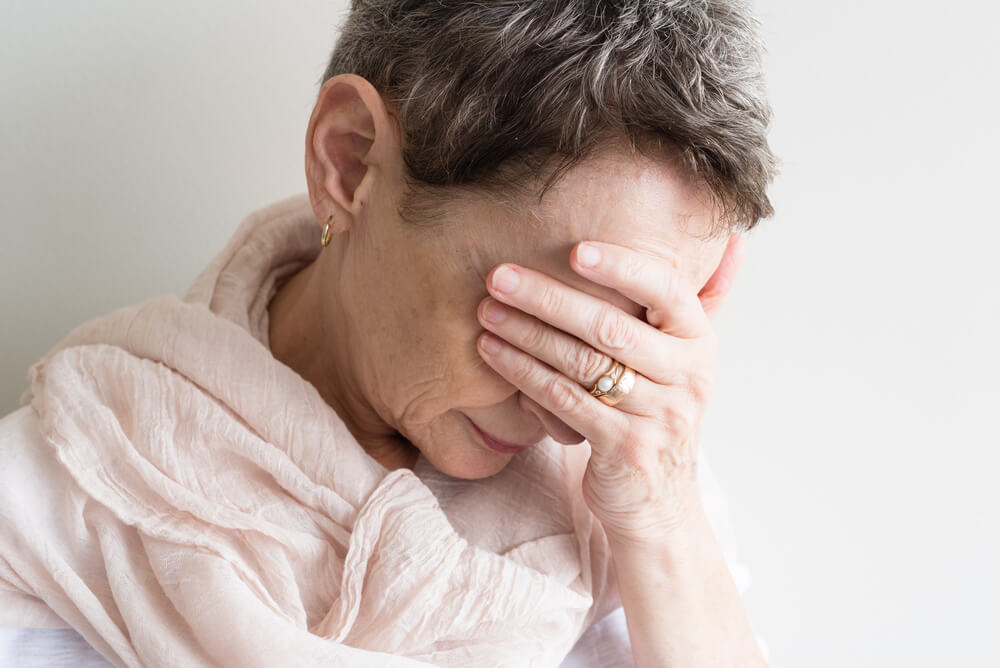
Also, many women find that their periods become very light, or stop completely while they are using a Mirena. Why do I still get migraine? Hormone therapy may benefit migraine sufferers without increased risk of heart disease: New study reviews WHI data to demonstrate lack of association between migraines, cardiovascular disease and hormone therapy; opens door to increased use of hormones to treat migraines. Perimenopausal women with no history of migraine aura may benefit from continuous combined hormonal contraception until age 50 Migraine aura does not contraindicate HRT Use non-oral bio-identical estrogen patch or gel Use the lowest estrogen dose that effectively controls vasomotor symptoms Where progestogen is required continuous delivery is recommended, with preparations such as: levonorgestrel intrauterine system transdermal norethisterone as in combined patches micronised progesterone Women with migraine and vasomotor symptoms who do not wish to use HRT or in whom estrogens are contraindicated may benefit from escitalopram or venlafaxine How do I know if a woman has migraine headaches? Final comments Try and keep drug treatments to a minimum as your body may not tolerate drugs as well as you get older, especially if you are taking drugs for other medical conditions. The Migraine Trust has an online headache diary, which may be a useful tool. Useful links.
BASH guidelines. How you can help. My periods stopped four years ago. Migraine sufferers were also more likely to have night sweats and hot flashes. Also, by trying different methods of taking HRT you can help to find the best course of treatment for you. One advantage is that it acts directly on the womb, with very little hormone reaching the rest of the body. Our philosophy of care.
Most people have their first attack during their teens or early twenties. It is rare for migraine to start later in life. Typically, migraine becomes less severe and frequent, and may even disappear, by around the age of For some women this is associated with their menopause, for others it may be retirement or reduced stress. The whole menstrual cycle, not just your period, is associated with biological changes in your body, both physical and psychological. Sex hormones, oestrogen and progesterone, and the physical and chemical processes that go towards producing them, all have a widespread effect on your body. It has long been recognised that there is a close relationship between female sex hormones and migraine, and that some women are more sensitive to the fluctuations within the menstrual cycle such as the time just before your period when, studies suggest, migraine attacks can be the result of falling oestrogen levels in the later phase of the menstrual cycle. Factors such as prostaglandin a naturally occurring fatty acid that acts in a similar way to a hormone release may also be implicated at this time.
